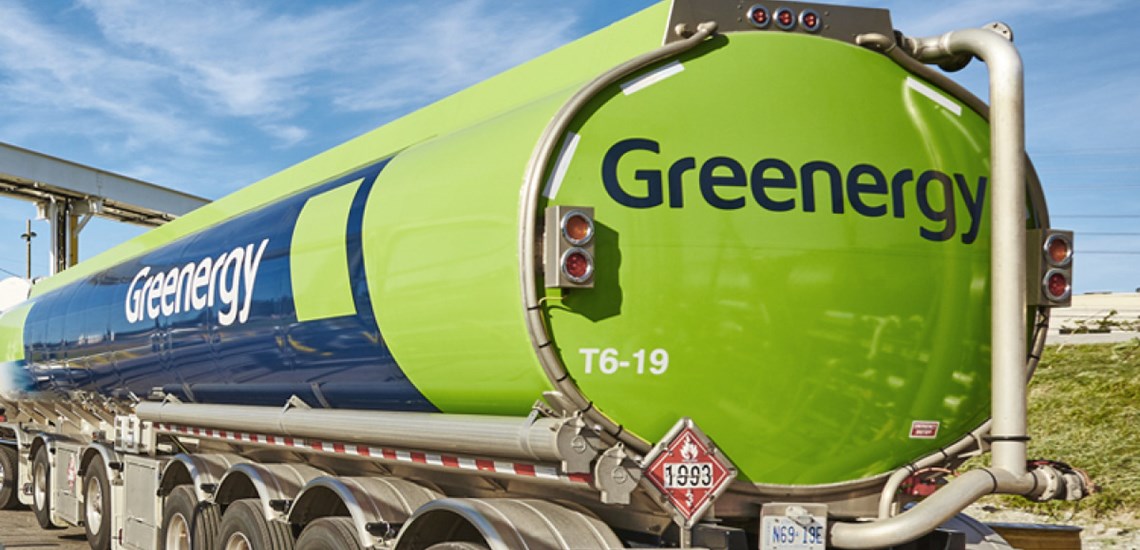ABSL and Greenergy have agreed to develop, construct, and operate up to five municipal waste-based biofuel plants in the UK.
Waste to Energy Growing in UK
ABSL, a developer and producer of advanced biofuels, and Greenergy, a manufacturer and supplier of waste-based biofuels, have announced the signing of a Joint Development Agreement to develop, construct and operate up to five municipal waste-based biofuel plants in the UK.
Design work for the first plant to be situated at Ellesmere Port near Liverpool is underway and commercial production is due to commence in 2025. Subsequent will follow.
Using ABSL’s proven and patented RadGas technology, the first plant will convert annually 133,000 tonnes of municipal waste into biomethane for gas vehicles or biohydrogen for hydrogen vehicles.
This is a step along the road to the development of pyrolysis plants to handle local waste arisings and produce energy, oil and gas from waste. It is a logical development that is a step up from incinerating waste and one that addresses to issues – the waste challenge and the need for cleaner, greener fuels.
In all, once operational, the five plants would replace millions of litres of fossil petrol and diesel used in transport fuels, saving 800,000 tonnes of carbon dioxide per year, with the output of the plants equivalent to powering 5,000 HGVs. The fuels will qualify as development fuels under the UK’s Renewable Transport Fuel Obligation.
Nathan Burkey, Executive Chairman of ABSL, said: “Today’s announcement enables ABSL to significantly accelerate the speed and scale of the deployment of our RadGas technology. The partnership brings together innovative technology with the experience of large-scale fuel production and distribution to produce low carbon fuels for transport critical to achieving Net Zero.”
Christian Flach, Greenergy CEO added, “We are continuing to progress innovative waste-based fuel projects that divert waste from landfill
or incineration and create low carbon fuels for the transport sector at scale. This agreement is a further expansion of our leading renewables business and will enable us to continue to support our customers through the energy transition.”
Source: Waste Management World




















